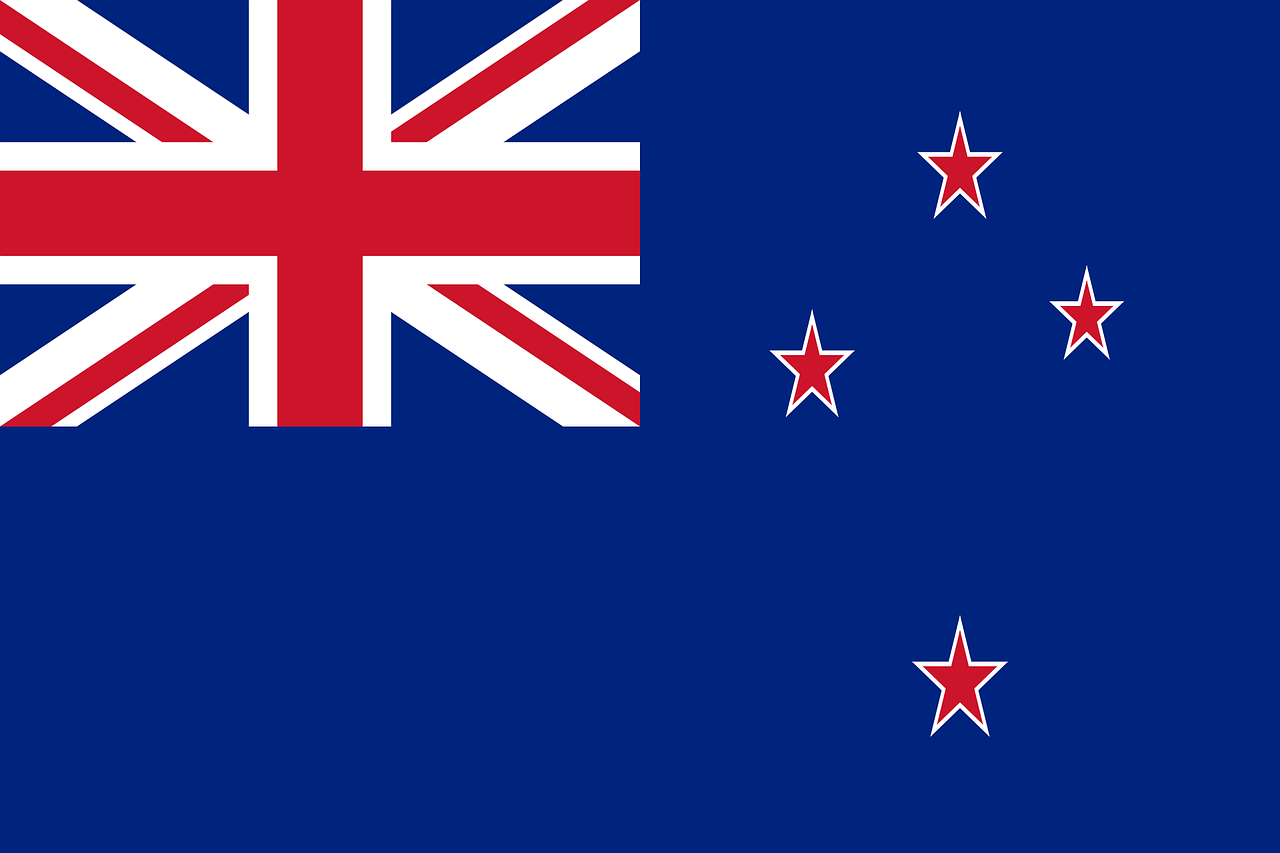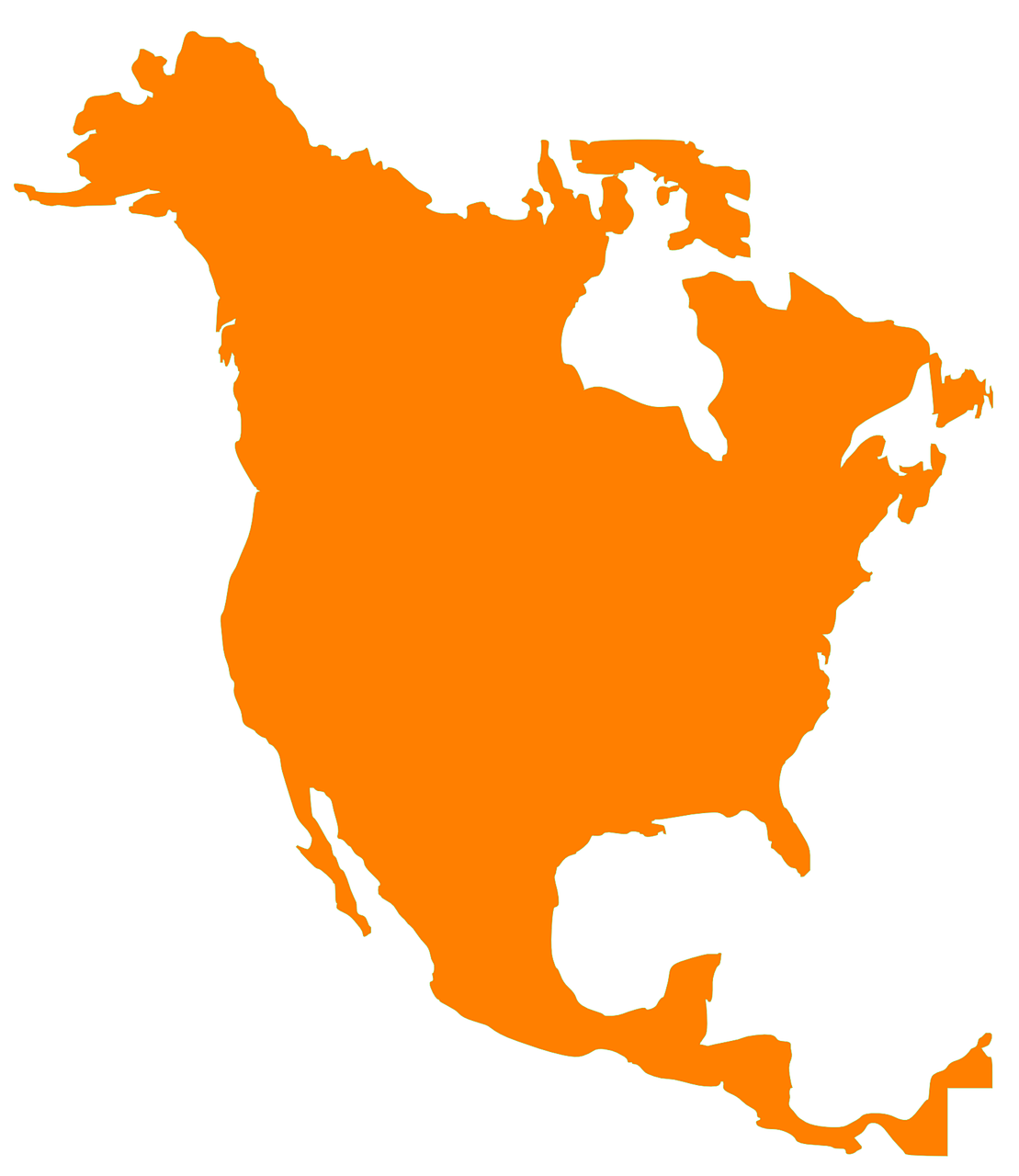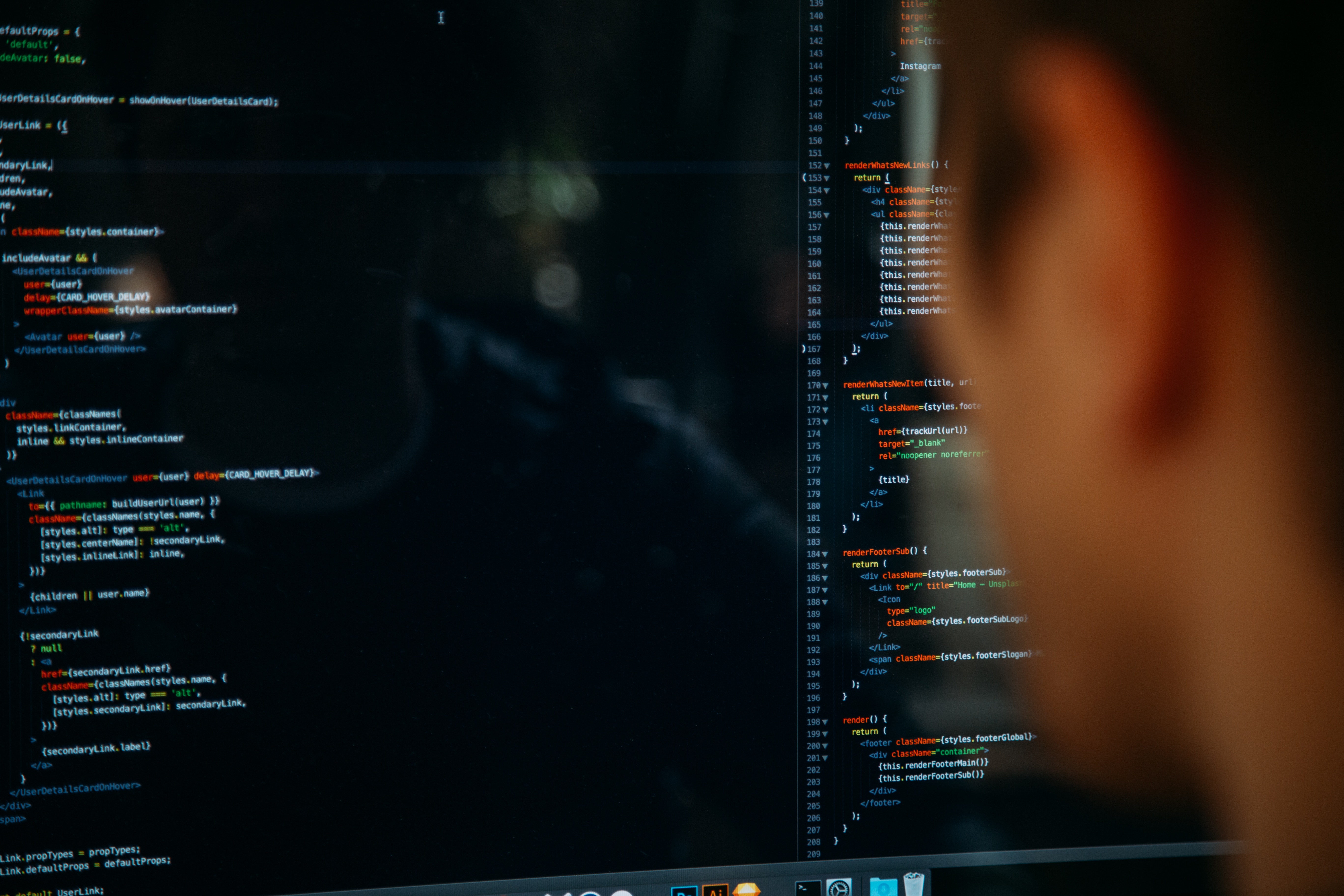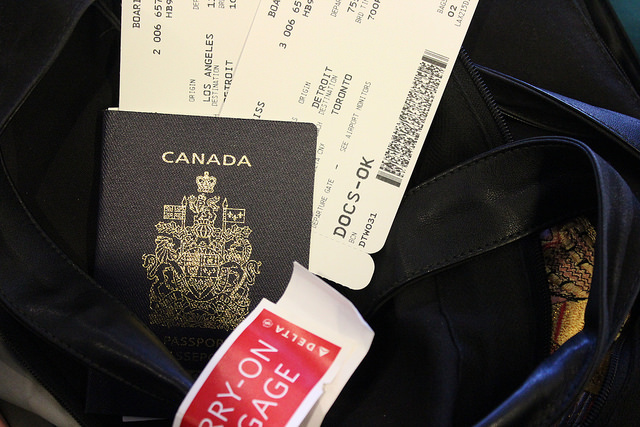Today, November 30, 2018, the United States Department of Homeland Security announced a notice of proposed rulemaking (NPRM) that seeks to impose a registration requirement for H-1B petitioners seeking to file an H-1B petition on behalf of beneficiaries under the regular cap and advanced degree exemption. An unpublished version of the proposed rule has been made available in the federal register.
Under the proposed rule H-1B Petitioners would be required to electronically register with USCIS during the designated registration period, in order to file a H-1B cap-subject petition on behalf of a foreign worker. In addition, DHS is proposing to change the order in which H-1B cap-subject registrations would be selected to meet the annual H-1B regular cap and advanced degree exemption. This change would increase the odds of selection for H-1B beneficiaries who have earned a U.S. master’s degree or higher from a U.S. institution.
Under the proposed rule, all petitioners seeking to file an H-1B cap-subject petition on behalf of a foreign worker would be required to submit to a mandatory registration process. Only those whose registrations are selected, would be eligible to file an H-1B cap-subject petition during the associated filing period.
The mandatory Internet-based registration process for petitioners seeking to file H-1B petitions for beneficiaries to be counted under the regular cap or advanced degree exemption, would begin before April 1st, in advance of the period during which H-1B petitions can be filed for a new fiscal year. An H-1B cap-subject petition would not be considered properly filed unless the petition is based on a valid registration selection for that fiscal year.
 Visa Lawyer Blog
Visa Lawyer Blog












